
Recommendation
Many people love meat, but meat production is harming the environment, hurting animals and threatening human health. People will only embrace meat alternatives – whether vegetable-based or grown in a lab – if those alternatives resemble the positive attributes of meat and rival it in price. The technology is almost there, and investors are taking note. In this report, the Boston Consulting Group analyzes industry trends and seeks insight from 40 experts to understand the future of alternative meat, and how stakeholders can support, invest in and profit from the protein of the future.
Summary
About the Authors
Björn Witte, Przemek Obloj, Sedef Koktenturk, Benjamin Morach, Michael Brigl, Jürgen Rogg, Ulrik Schulze, Decker Walker, Elfrun von Koeller, Nico Dehnert and Friederike Grosse-Holz are professionals with the Boston Consulting Group.











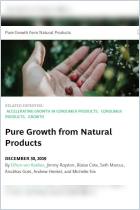

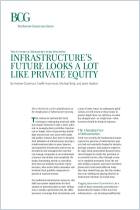
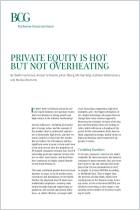
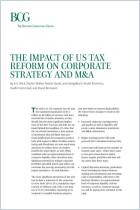

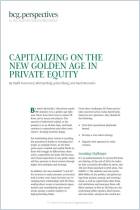
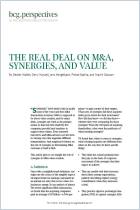

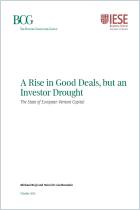
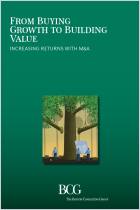
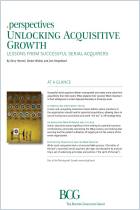



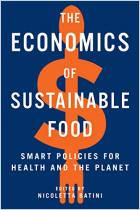
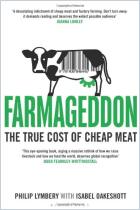






Comment on this summary or Démarrer une discussion